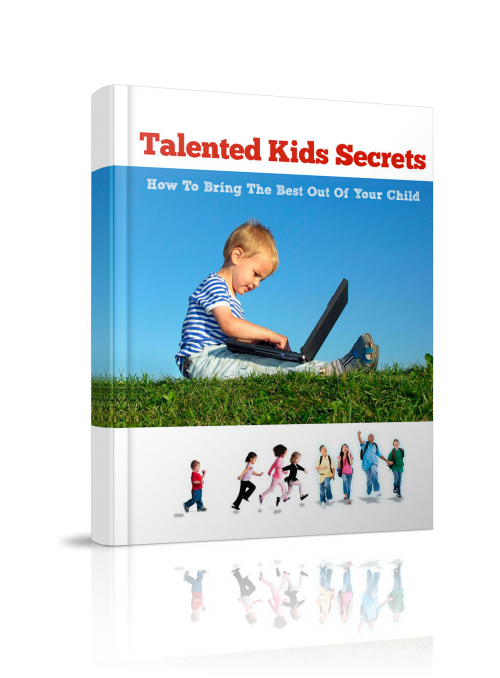
Previous reports from the Department of Statistics show that households in Singapore spent a total of almost $1.4 billion a year on both centre and home-based private tuition. Many students often lament about their constant struggle to complete their school and tuition homework, AND participate actively in their extra-curricular activities. This leaves them getting not more than 5 or 6 hours of sleep every night simply because there’s just SO MUCH they have to do!
Clearly, there’s an alternative to be done more right.
Many parents send their children for tuition or enrichment classes because they are afraid that their children get left behind in the rat race. It’s a reasonable fear because it seems like every other child attends extra paid classes.
But is that really the best solution? It could merely be a good solution. Especially so if it’s another run-of-the mill, classroom learning. If children do well in such a setting, why go for another similar setting for after-school tuition?
In my so many years of work as a qualified teacher in a primary school, and now as an enrichment teacher (a whopping total of almost 16 years), I have met all types of learners – children who have poor attitudes though highly capable, those who are ‘not-so-gifted’ but very hardworking (& eventually called the late bloomers), kids who are pushed to their limits (& eventually broke down), and definitely the group which does not care if there’s a tomorrow.
Are we cultivating in our children a real love for learning and discovery – the attitudes that form the foundations of a meaningful education and of long-term success in this Information Age? I seriously doubt so.
Tuition isn’t a bad thing BUT MAYBE improving cognition may be the answer
Tuition isn’t a bad thing. Tuition classes can ensure that kids are able to keep up with the syllabus, better prepared for their lessons at school and have consistent revisions. Their parents, usually with both of them working full time, may not have the resources, time and knowledge to coach them on a regular basis after a tiring day. (Exams these days are so much tougher than our times! If we compare the Math papers today with those which were set a mere 4 years ago, one cannot miss seeing the great difference in standards.)
Back then, Education Minister, Heng Swee Keat, has said previously that excessive tuition can be harmful and result in boredom among school-going children.
“It actually inculcates a ’kiasu’ syndrome… it’s making things worse. As it is now, a lot of kids are not having a childhood,” said one parent.
As a teacher, I cannot agree more with Mr Heng and the parent. Excessive amount of work kills all creativity in the child. I have seen many bright children who, at 6 years old, are so full of life, curiosity and creativity. Alas, by the time they are 12, you could barely see a glint in their eyes!
On the other hand, I have also seen a handful of children who flourished without the need to do excessive amount of work or attend numerous enrichment lessons. Having worked with gifted kids and had done an extensive research on the parenting styles their parents had adopted, I realised a CRUCIAL REASON why their kids are deemed ‘gifted’ or ‘high ability’ (we are not referring to those who are very highly gifted or are prodigies as their giftedness is an in-born trait).
These ‘gifted’ children have an excellent working memory, a wonderful long-term memory, high visual-spatial skills, as well as high logical & reasoning skills. When I dwelled behind the histories of their childhood, a distinct pattern emerged. Almost all of these ‘gifted’ children were highly stimulated in their early childhood years. They were exposed to toys and games that stimulated their visual-spatial skills, logical-mathematical skills, verbal-linguistic skills, and reasoning skills.
What then do I see in children who performed mediocre or poorly in their academic work? Most of them are have poor working memory, short attention or focus spans, low spatial-visual ability, and poor reasoning skills. Basically they have cognitive gaps which need remediation. This does not suggest that they have any underlying learning issues or difficulties. I am certain that I have cognitive gaps too but am thankful that it did not impede my learning much back then. As all of us age, these cognitive gaps will start to widen again unless we take steps to stop it.
Many research papers have shown that the important years to develop our cognition is between 0 and 6 years of age. This is an important window period which cannot be neglected. Thus, the government’s strong support to improve the quality of preschool education is a very much awaited welcome move.
What we do
We advised children above 6 years old to take a cognitive test to understand the underlying cognitive gaps which are hampering their academic development. We provide the necessary tools and work to enable these gaps to close as early and as much as possible.
The earlier the gaps are closed, the lesser the child needs to struggle academically, thereby enjoying a more wholesome childhood & greater self-confidence.
Our Analytical Critical Thinking programme is designed for average to high average learners who want to maximise their given potential.









